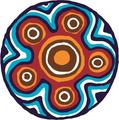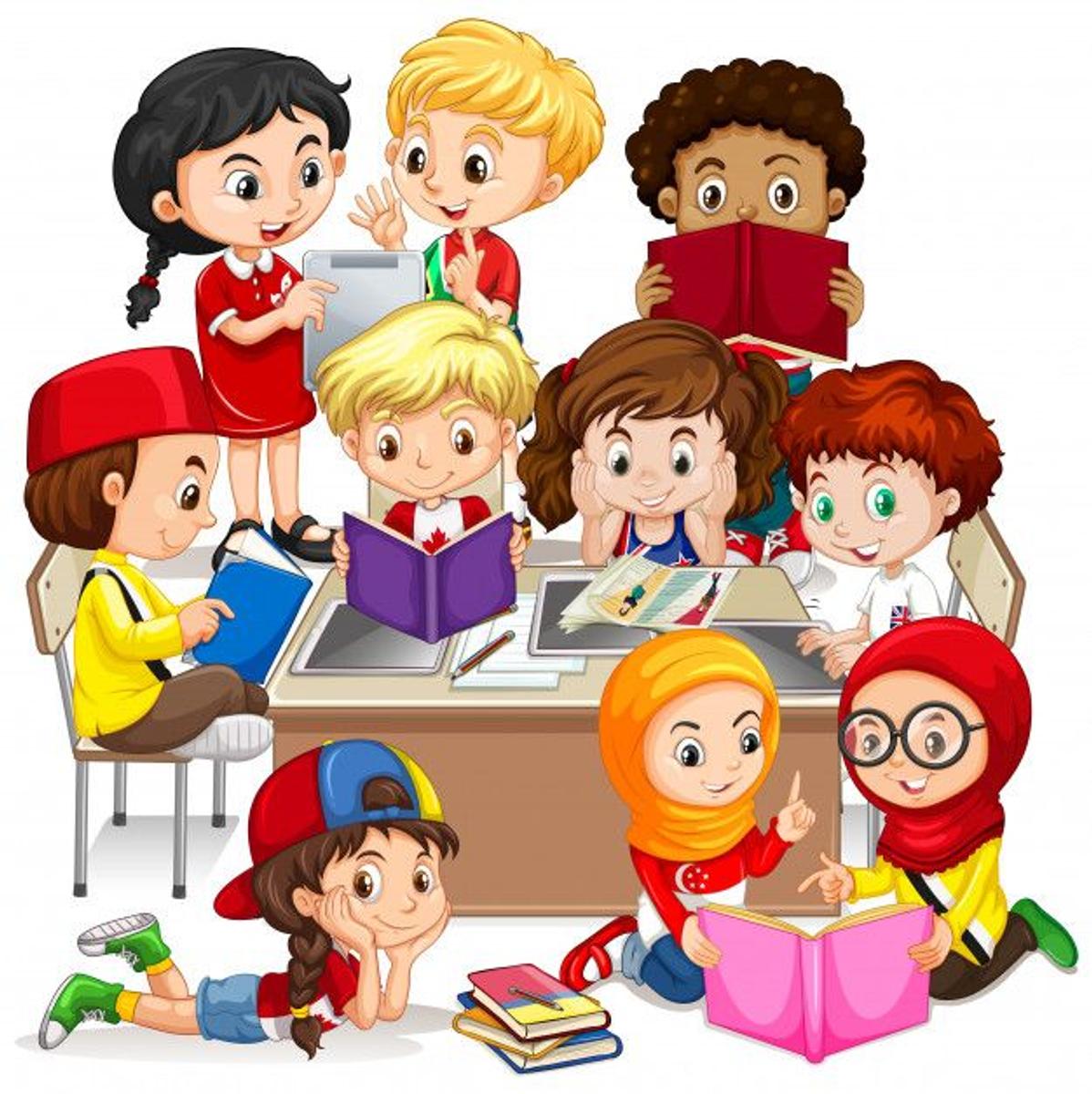Year 3 Term Curriculum Outline

Year 3 Term 2 Curriculum Outline
What a fantastic Term 1 we had!
Welcome back from the break. We hope you’ve all had a restful and enjoyable two weeks away from school.
We just wanted to congratulate students and parents on an absolutely fantastic start to 2021 with a very successful Term 1 in Grade 3 at DCC. This term we are looking to build on that success and have another amazing term. Thank you to parents and carers that have been continuing to support our students take home reading. We are noticing the hard work of our fantastic readers!
Term 2 Learning:
This term we have a lot of exciting units planned for our students.
We also wanted to mention that NAPLAN is happening in Week 4 of this term. Students have been and will be continuing to prepare for this through our regular teaching and learning programs as well as conducting a practice test for each of the assessment areas. Remember to pump this up with your children and make them aware that this is nothing they should be scared or worried about and that trying their best is good enough!
In Reading, we will be continuing to critically think about a text to determine the author’s purpose for writing it. Students will continue to develop the ability to identify texts genre based on its text type, structure and features. They will use clues in the text to make inferences using and building upon their own experiences. This term students will be summarising texts while identifying the characters, setting, problem and solution (fiction) and learnt facts while understanding the main idea (non fiction). Building on that, they will then be able to identify the genre of a text (non fiction or fiction) based on the text structure and features. Students will analyse and critique a text by justifying their opinion using evidence from the text. They will also be explaining what features an author has used to get them interested in a text.
In Writing, the students will be exploring persuasive, recount, transactional and biography texts. Throughout each of these text types students will be developing their voice within their writing. The students will be exploring and building their voice by establishing a tone, conveying a purpose, creating a connection to the audience and taking risks to create voice. They will also reread and edit texts for meaning, appropriate structure, grammatical choices and punctuation.
In Numeracy, we have begun learning about time and students will be given the opportunity to tell time to the minute. Within this unit, students will also investigate the relationship between units of time. From Week 3 onwards we delve into several different topic areas. In Week 3 and 4 within 3D Shape, Mass and Capacity students will make models of three-dimensional objects and describe key features. They will measure, order and compare objects using familiar metric units of length, area, mass and capacity. During Week 5, 6 and 7 students will explore Mapping, Place Value and Fractions. They will create and interpret simple grid maps to show position and pathways in Mapping. In Place Value students will be given the opportunity to recognise, model, represent and order numbers up to 10,000 and above. Within Fractions students will model and represent unit fractions including ½, ¼, ⅓, ⅕ and their multiples to a complete whole. In Week 8, 9 and 10 students will explore Additive Thinking and Financial Math. During Additive Thinking students will recognise and explain the connection between addition and subtraction. They will apply place value to partition, rearrange and regroup numbers to at least 10,000 to assist calculations and solve problems. Within Financial Maths students will represent money values in multiple ways and count the change required for simple transactions to the nearest five cents.
Multiplicative thinking is a unit that will continue to be taught to students throughout the duration of the year as it is considered ‘a big idea’ in years 3 and 4. They will be taught strategies in order to recall multiplication facts of two, three, five and ten and their related division facts. Students will also explore and explain commutativity through an array, area and region model.
This term our Social and Emotional Learning will focus on ‘Development of Resilience.’ Students will identify personal strengths and personal qualities. They will identify how persistence and adaptability can be used when faced with challenging situations and change. Within Inquiry we will be unpacking the question, ‘How have aspects of the past significantly impacted the perspectives and life of Aboriginal and Torres Strait Islander people in our country and our community?’ They will explore the history of our country while understanding different points of view and perspectives other than their own and then form their own opinion.
General Reminders:
- Please ensure that your child is at school and ready to learn at 8:40am.
- Please ensure that you check and log into Compass and Seesaw regularly, as these will be the main portals that we (the teachers) will communicate information with you on. Compass is also the place where you will be able to access your child’s goals and achievements, these will be released every three weeks and will tell you what your child has achieved in Reading, Writing, Numeracy and Inquiry/Social, as well as their next steps (goals).
- Homework this year:
- Reading: Every night for a minimum of 30 mins, with 1-2 follow up questions relating to the book.
- SMART SPELLING: Students will have 5 spelling words each week that they will need to practise, relating to the ‘spelling choice’ we are focussing on that week in class.
- Homework Matrix: There are 30 activities, these will be sent out each month, ideally students are to pick one activity each night and complete it.

